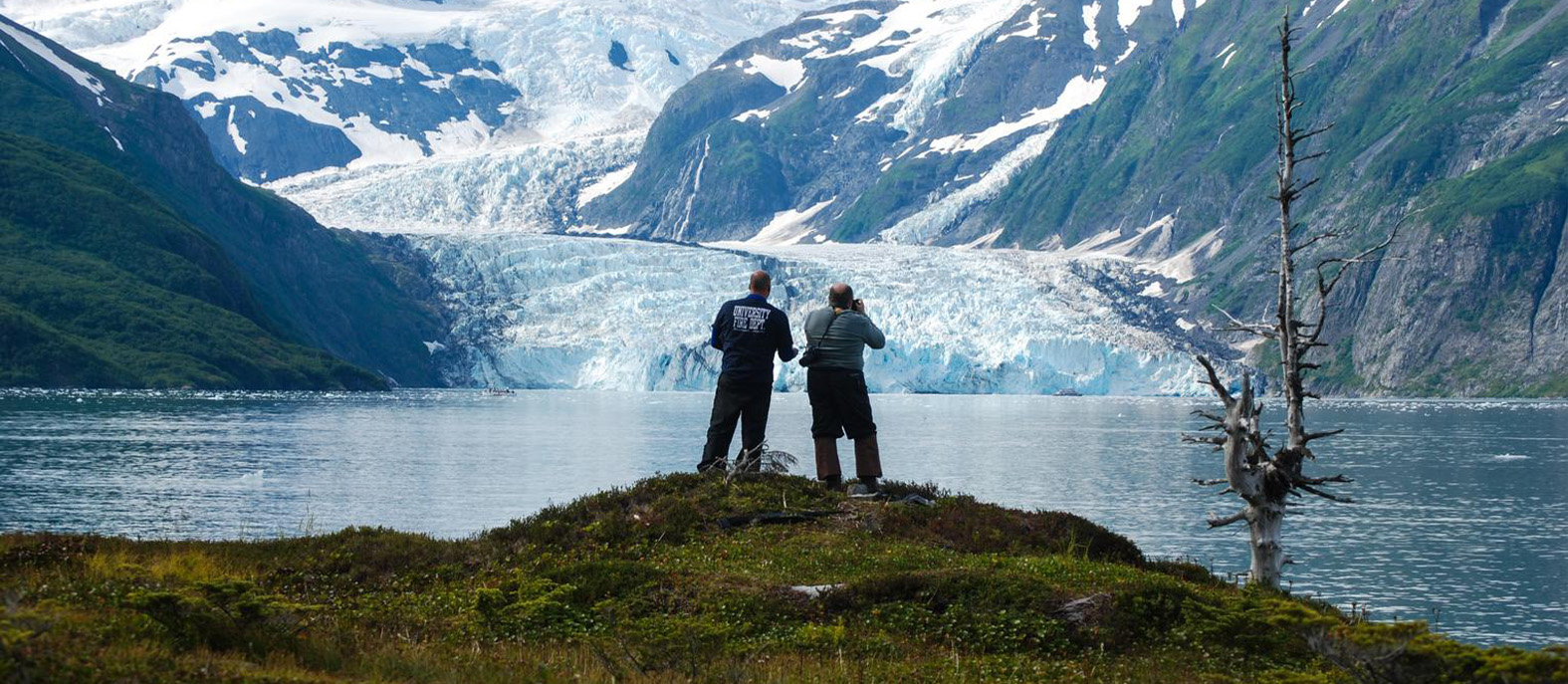The need to combat climate change has never been more urgent. Therefore, researchers and specialists continue to examine its effects and look for answers. Numerous recent scientific studies offer important new information about the state of our planet and the upcoming difficulties. The most recent research on climate change gives a vivid picture of what we might anticipate in the near future, from rising temperatures to extreme weather occurrences.
Escalating Temperatures and Heatwaves
Temperature records continue to be shattered as global warming accelerates. The latest research shows that 2022 was one of the hottest years on record. Moreover the trend is expected to persist in 2023. Heatwaves are becoming more frequent and intense. As a result posing significant risks to human health, agriculture, and natural ecosystems. We can expect to see more regions grappling with soaring temperatures. Its highlights the urgent need for adaptation measures and global efforts to reduce greenhouse gas emissions.
Extreme Weather Events
Climate change exacerbates the frequency and intensity of extreme weather events. In 2023, we can anticipate a continuation of this alarming trend. Scientific studies indicate that hurricanes, typhoons, and cyclones are likely to become stronger. As a result, it will devastate impacts on coastal communities. Furthermore, heavy rainfall events and flooding are projected to increase. And this will put vulnerable regions at risk of flash floods and water-related disasters. Simultaneously, prolonged droughts may persist in certain areas, leading to water scarcity and agricultural challenges.
Melting Glaciers and Rising Sea Levels
The Earth’s cryosphere, which includes glaciers, ice caps, and polar ice sheets, is rapidly diminishing due to global warming. Glaciers around the world are melting at an alarming rate, leading to rising sea levels. In 2023, we can expect this trend to continue, further threatening coastal cities and low-lying regions. The scientific consensus suggests that urgent action is required to curb emissions and mitigate the long-term consequences of rising sea levels. These actions include coastal erosion, saltwater intrusion, and increased vulnerability to storm surges.
Biodiversity Loss and Ecosystem Disruption
Climate change is a significant driver of biodiversity loss and ecosystem disruption. The latest scientific findings reveal that numerous species face heightened risks of extinction due to habitat loss, disrupted ecosystems, and changing environmental conditions. Coral reefs, for instance, are particularly vulnerable to warming oceans, resulting in widespread bleaching events. Furthermore, shifts in ecosystems and species distributions have far-reaching consequences for food security, ecosystem services, and human well-being.
Accelerated Action and Mitigation Efforts
While the latest science on climate change paints a daunting picture, it also underscores the importance of immediate action and intensified mitigation efforts. Governments, businesses, and individuals must prioritize ambitious targets for reducing greenhouse gas emissions, transitioning to renewable energy sources, and implementing sustainable practices. Additionally, investing in climate adaptation strategies and enhancing resilience is crucial to mitigate the impacts of climate change on vulnerable communities and ecosystems.
Bottom Line
The latest science on climate change reaffirms the urgent need for global collaboration and decisive action. As we navigate the year 2023, rising temperatures, extreme weather events, melting glaciers, and biodiversity loss underscore the magnitude of the climate crisis. However, by heeding the scientific evidence, implementing sustainable solutions, and fostering international cooperation, we can strive to mitigate the worst impacts of climate change. The time for comprehensive action is now, and the stakes have never been higher as we work towards a sustainable and resilient future for generations to come.
